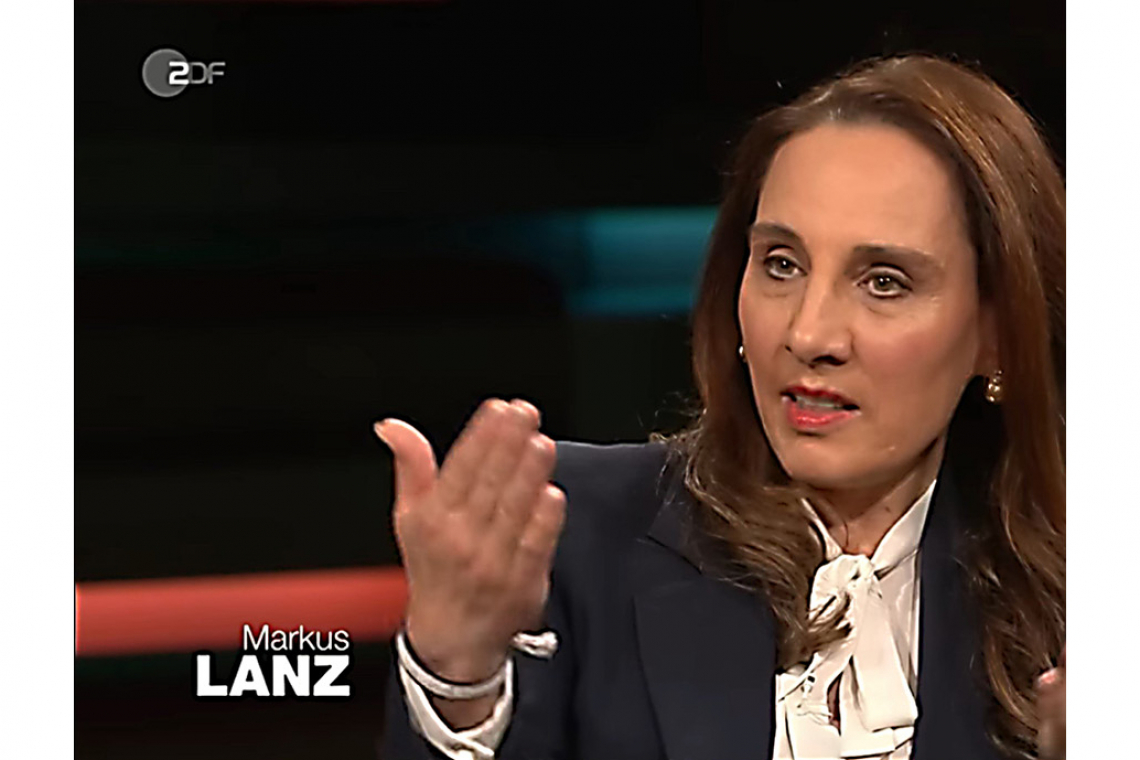On Markus Lanz, you discussed the economy with the former CEOs of VW and Siemens. What was that like?
That was of course a great responsibility. It was important for me to create a platform for electroplating technology and also to emphasize the importance of energy-intensive industries and SMEs. I had the task of representing SMEs in the environment of the former CEOs. Markus Lanz announced my concerns very well in the introductory round. He described our industry as systemically relevant. No metal processing company could produce without metal finishers. He also expressed my concern that the very survival of the German economy is at stake at the moment. Joe Kaeser also made a plea for SMEs, which was unexpected.
At the end, Julian Olk from Handelsblatt asked whether energy-intensive industry can and should be kept in the country. What is your opinion?
Julian Olk said that the price of electricity will remain high at least until 2050. I would like to refer to the constitutional lawyer Prof. Udo di Fabio. He says that energy has a substantial connection to fundamental rights and is therefore also anchored in the provision of services of general interest. This statement is also interesting because there are many beneficiaries of the energy transition. Some receive high subsidies, while on the other side there are small and medium-sized enterprises - the backbone of society. Mr. Diess said that renewable energies are incredibly cheap. But we produce them in excess and then have to sell them abroad at negative prices and then buy them back at a high price. Our grids are not yet designed for this amount of renewable energy and it is questionable whether the 6700 kilometers of lines needed will really be ready by 2030. The Federal Audit Office has warned that there is a lack of capacity for the necessary earthworks. The path we are currently on will remain incredibly expensive because it will have to be financed for years and decades - paid for by citizens, industry and business. If energy-intensive companies are sent abroad as a result of the energy transition, entire generational plants and supply chains will disappear. Cherry-picking is not an option, and it won't save the climate either.
How can we turn the tide for energy-intensive industry?
Government representatives and their advisors often claim that we can do without energy-intensive industries. Only infrastructure, grids and hydrogen are important. I ask myself: where is the added value? Symbioses have formed in the supply chains. They are now being abandoned without the slightest idea of the consequences. I'm really not a fan of subsidies; small and medium-sized enterprises have never asked for them. Intel, on the other hand, receives billions in subsidies. This raises the question of whether it doesn't make more sense to give the industry a framework with the money so that it has time to become self-sufficient. Otherwise we risk social peace, as Joe Kaeser also said on the show. In the Future Economy Initiative, which I founded, we will draw up an alternative plan. But we can no longer do more than damage limitation, the damage is already too great.
About the person
Andrea Thoma-Böck is Managing Director of Thoma Metallveredlung in Heimertingen.
Interview: Robert Piterek


